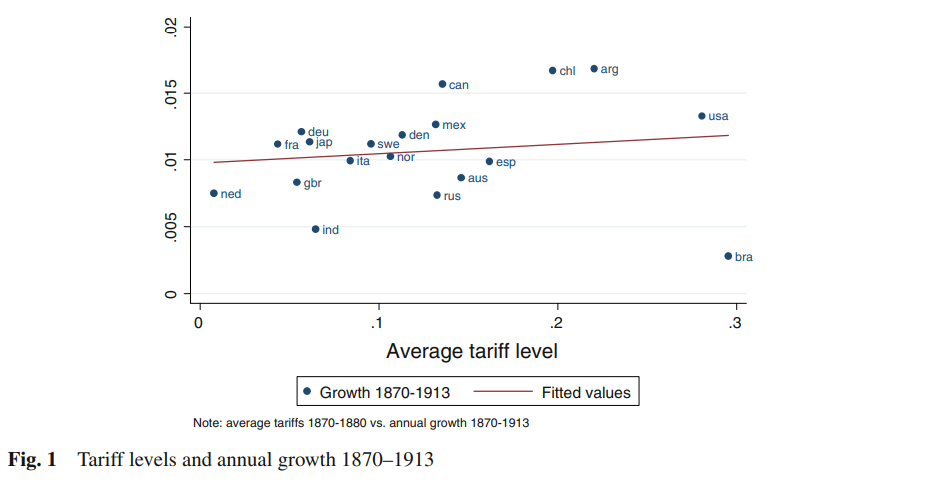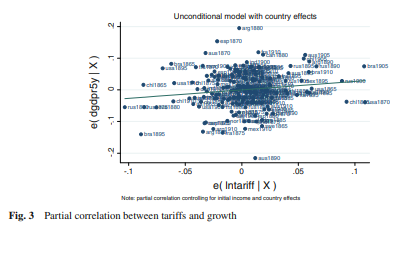The answer below is a bit informal but still since there are a few parts to your question I think we need to go back to basics.
Background
A introductory international trade course would show that while free unrestricted trade is generally beneficial for nations as a whole, there are "winners" and "losers" from unrestricted trade policy.
As an example if consumers have a choice between more expensive domestically produced products and cheaper foreign products (assuming these products are homogeneous), consumers will choose the foreign products.
The thing to remember though is that one person's spending is another person's income, so by consumers purchasing these cheaper foreign products, they are reducing the revenues of domestic firms.
In this case the winners are domestic consumers and foreign producers and losers are domestic firms.
If for some reason we want to protect the revenue's of our domestic firms from foreign competition we will use tariffs to do so. If the regulator is accurate they will do so in order raise the price of foreign products so they are on par or more expensive than domestic products. In this case domestic consumers will either be indifferent between foreign and domestic products or strictly prefer domestic products.
In this case the "winners" from the introduction of a tariff are the domestic firms and "losers" are the domestic consumers (who see higher prices) and foreign firms which lose out on revenue.
Will The introduction of tariffs help growth in the USA?
Based on "Back of the Napkin" reasoning:
A tariff is just a tax levied on foreign goods. we know that tax revenue will be collected and then used to finance other projects adding to our nations income. We also know that it will reduce the demand for foreign goods.
So far this sounds good.
The one concern however would be with reference to retaliatory tariffs from foreign countries which would reduce the demand for the domestic countries exports.
So if we are thinking about Economic growth, from the back of the napkin we should expect some but not much.
Is there pragmatic historical evidence about this issue?
A quick google scholar search of "Tariffs and Economic Growth" gave me this paper as one of the first results: Tariffs and economic growth in the first era of globalization. There's some cute pictures which naively shows a slightly positive relationship between economic growth and average tariff level.


Clearly this is older work, but still in the absence of the politics and retaliatory tariffs we could see some growth but I would not bet on it.
Summary
- Tariffs are a tool for protecting domestic firms from foreign competition and collecting tax revenue.
- There's no sure thing we can say about the relationship between economic growth and tariffs empirically, but from "back of the napkin reasoning" we might see some growth.

